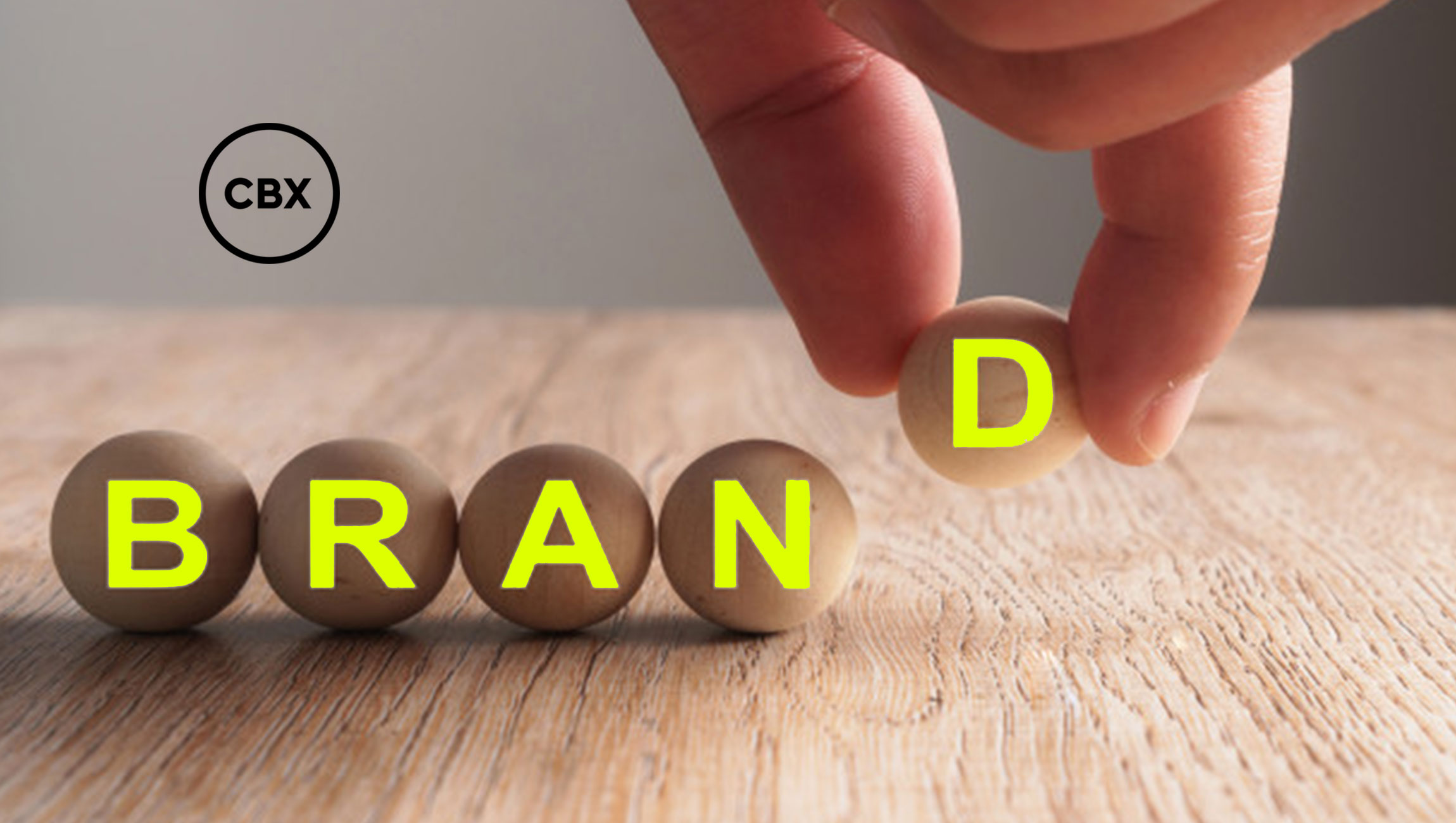Top Retailers Are Taking Their Names off of Their Store Brands to Create Private-Label Lines That Command Attention on Their Own Terms, Notes Todd Maute in Column for Store Brands Magazine
Top retailers are taking their names off of their store brands—and the reason has everything to do with the growing quality and consumer acceptance of product lines created by retail chains, writes Todd Maute, a partner at brand strategy and design agency CBX, in a new column for Store Brands magazine.
While highly-regarded retailers like Wegmans continue to use their name on their owned brands, others have made the strategic decision to do the opposite, Maute notes in the Nov. 25 column. “These retailers just want to create brands—independent entities that command attention on their own terms—and then leverage them to strengthen the overall perception of their stores,” he explains.
Target, for one, has built a strong portfolio of owned brands. “Target’s basic idea is to say: We’re a cool retailer. Let’s create brands that further build on our image,” Maute writes. “This is surely part of the reason Target’s new Good & Gather store brand involves phasing out previous brands Archer Farms and Simply Balanced, as well as paring back Market Pantry … One gets the sense that Target wants to create something fresh and new—independent building blocks in its increasingly impressive brand portfolio.”
Marketing Technology News: 75 Inspiring Martech Leaders Who Are Prepared for 2020
In the piece (“Why Some Retailers are Taking the ‘Store’ out of Store Brands … and Why Some Aren’t”), the veteran of private-label branding notes that, historically, operational efficiency drove the likes of The Kroger Co., Loblaw and Albertsons Cos. to produce private-label lines that omitted store names. “When you have multiple banners, it makes no sense to try to create store brands for each and every one,” Maute writes. “Consider the challenge this would pose for Loblaw with its 22 different supermarket and pharmacy nameplates.”
Operational efficiency, though, is just part of the picture. Today, Maute notes, operators like Wegmans have good reason to continue to put their names on their private-label products. “Wegmans, for example, is well aware of its reputation for quality and customer satisfaction,” the consultant explains. “Think of it as equity by association.”
Nonetheless, others are taking a different approach with the goal of getting all stakeholders and customers on board in their mission of being brand creators, leaders and innovators.
Marketing Technology News: Tru Optik and Anzu.io Announce Multi-Year Exclusive Agreement to Bring Audience-Based Targeting to In-Game Advertising
“When you think of yourself as a brand creator, you tend to treat your owned brands differently,” Maute writes. “Kroger created its men’s personal care brand Bromley’s to compete with Gillette in the store. However, Kroger also saw the opportunity to compete in the direct-to-consumer market against the likes of Harry’s and Dollar Shave Club. That’s how you act when you see your brand as an asset and a category leader.”
There’s no reason why innovation—whether in sourcing, infrastructure, development, packaging or promotion—should be limited to the national brands, Maute argues. “Forget about mere margin enhancement,” he writes. “By shifting their mindsets and paying careful attention to their consumers and market dynamics, retailers are creating powerful brands with enduring value that can foster loyalty to their stores.”
Marketing Technology News: TruFactor Intelligence-as-a-Service Now Available on AWS Data Exchange, Powering AI and Machine Learning At-Scale










